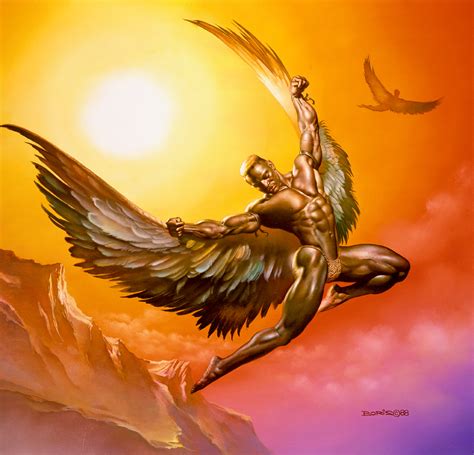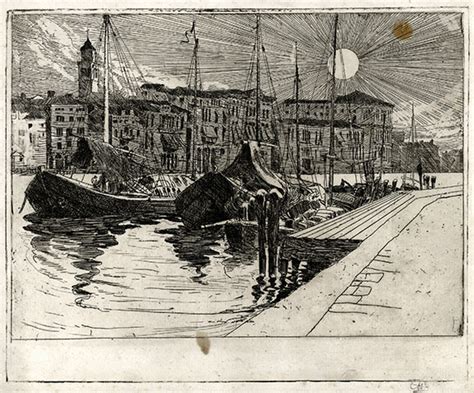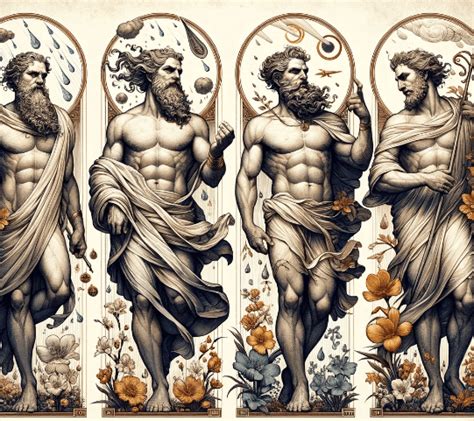5 Icarus Facts

The story of Icarus, a figure from ancient Greek mythology, has captivated people for centuries with its themes of innovation, hubris, and the human condition. Icarus, the son of Daedalus, a brilliant inventor, is famous for his ill-fated attempt to escape from the island of Crete using wings made of feathers and wax. Here, we delve into five fascinating facts about Icarus, exploring not only the mythological narrative but also the historical and cultural contexts that have contributed to the enduring legacy of this myth.
The Mythological Context of Icarus

Icarus’s story is deeply intertwined with that of his father, Daedalus. According to myth, Daedalus, who was known for his ingenuity and craftsmanship, was imprisoned by King Minos of Crete. The reason for his imprisonment was his involvement in the creation of the Labyrinth, a complex maze designed to hold the Minotaur, a creature that was half-man and half-bull. Daedalus fashioned wings for himself and his son Icarus to escape the island, warning Icarus to fly neither too high, lest the sun melt the wax, nor too low, lest the sea dampen the feathers.
Icarus’s Flight and Fall
The flight of Icarus is perhaps the most pivotal and tragic part of the myth. Despite his father’s warnings, Icarus became ecstatic during the flight and forgot the dangers of flying too close to the sun. As he soared higher and higher, the wax that held his wings together began to melt, and his wings disintegrated. Icarus plummeted into the sea and drowned. The area where he fell, the Icarian Sea, near the island of Icaria, was named after him. This part of the myth serves as a cautionary tale about the dangers of unchecked ambition and the importance of humility.
| Mythological Element | Symbolic Meaning |
|---|---|
| Wings Made of Feathers and Wax | Human ingenuity and the fragility of mortal creations |
| The Sun | The divine power that transcends human capability |
| The Sea | The unknown, the abyss, and the ultimate fate of human fallibility |

Key Points
- Icarus's story is a part of ancient Greek mythology, serving as a cautionary tale about the dangers of hubris and the importance of humility.
- The myth revolves around Icarus's attempt to escape from Crete using wings made by his father, Daedalus, highlighting human ingenuity and its limitations.
- The flight and fall of Icarus symbolize the consequences of ignoring wisdom and the natural order, with the sun, sea, and wings each holding symbolic meaning.
- The narrative also explores the father-son relationship and the challenges of passing wisdom from one generation to the next.
- The legacy of Icarus extends beyond mythology, influencing art, literature, and popular culture, often symbolizing reckless ambition or the pursuit of the impossible.
Cultural and Historical Impact

The story of Icarus has had a profound impact on Western culture, influencing numerous works of art, literature, and even psychology. The term “Icarus complex” is sometimes used in psychoanalytic theory to describe a person who is prone to a self-destructive tendency to venture into the unknown, driven by an insatiable desire for excitement and a penchant for taking risks. In literature and art, Icarus has been a subject of fascination, symbolizing both the heights of human aspiration and the depths of human fallibility.
Psychological and Philosophical Perspectives
From a psychological perspective, the story of Icarus can be seen as a metaphor for the human desire for transcendence and the inevitable confrontation with one’s own limitations. Philosophically, it touches on the themes of existentialism, highlighting the individual’s freedom to choose and the consequences of those choices. Icarus’s fate serves as a reminder of the delicate balance between ambition and caution, creativity and restraint, and the pursuit of excellence and the acceptance of human limitations.
What does the myth of Icarus symbolize in psychological terms?
+The myth of Icarus can symbolize the human tendency towards self-destructive behavior driven by ambition and the desire for transcendence, as well as the struggle to balance aspiration with the acceptance of one's limitations.
How has the story of Icarus influenced Western culture?
+The story of Icarus has significantly influenced Western culture, appearing in numerous works of art, literature, and even psychological theories. It symbolizes both the pinnacle of human achievement and the depths of human failure, serving as a timeless cautionary tale.
What lesson can be derived from Icarus's failure to heed his father's warnings?
+Icarus's failure to heed his father's warnings teaches us about the importance of humility, the need to respect the boundaries of human capability, and the dangers of unchecked ambition. It emphasizes the value of wisdom, experience, and cautious decision-making.
In conclusion, the story of Icarus is a rich and complex myth that offers insights into human nature, the consequences of ambition, and the importance of balance and humility. Through its exploration of these themes, the myth of Icarus continues to captivate audiences, inspiring reflections on the human condition and our place within the world.



